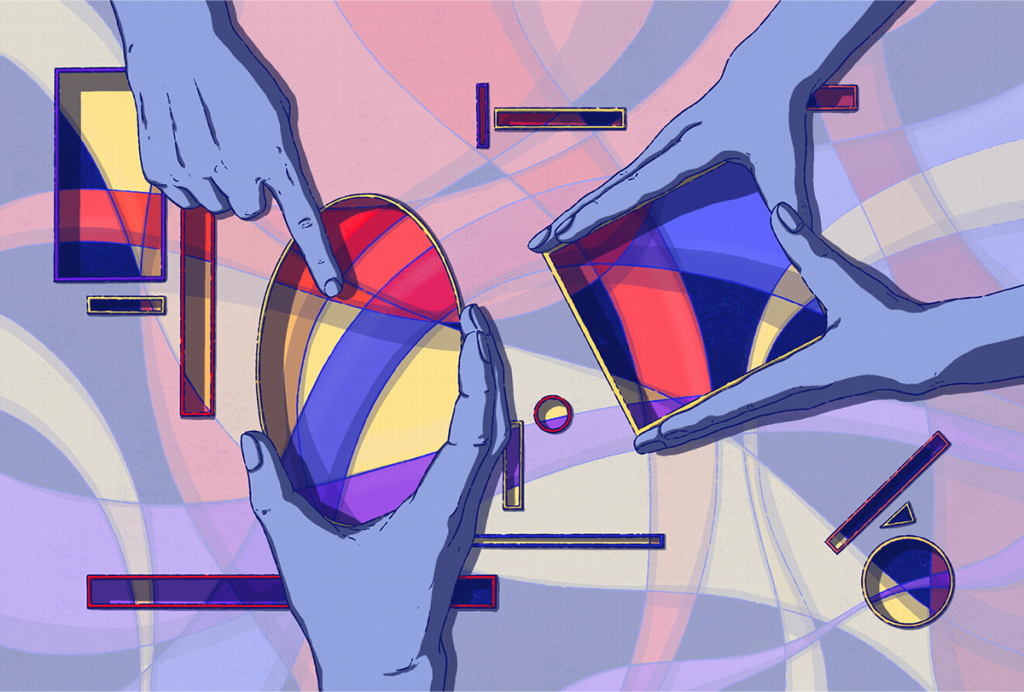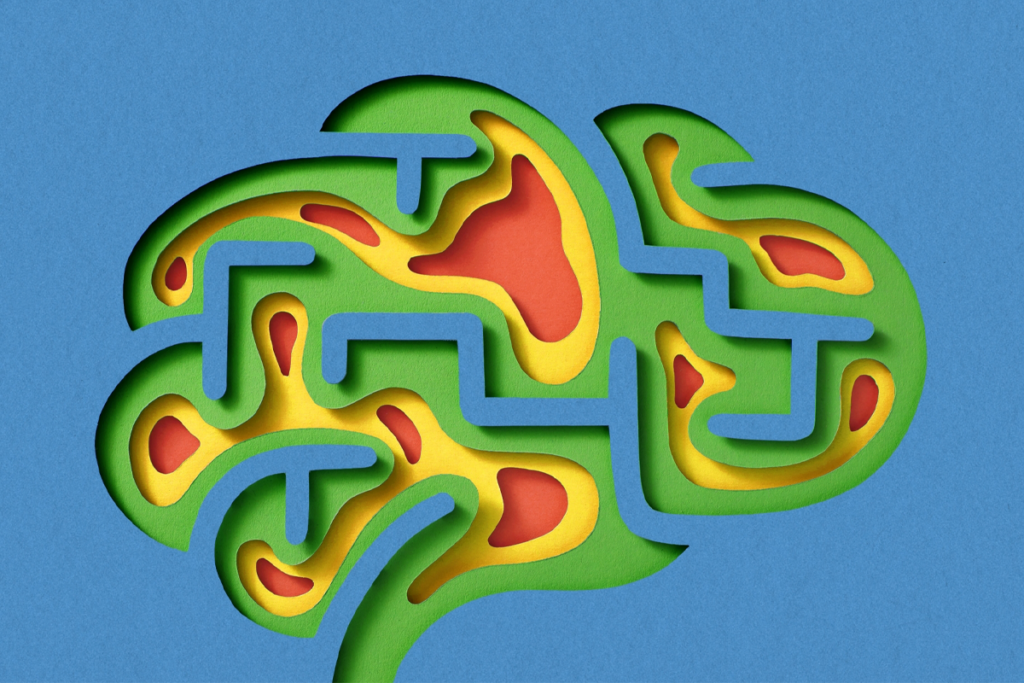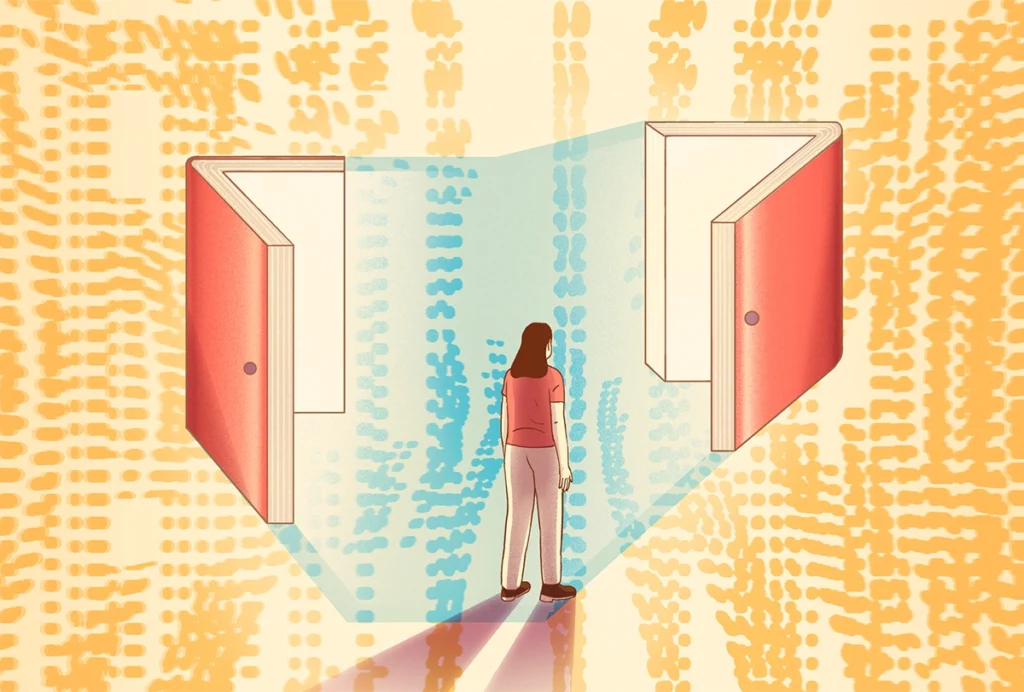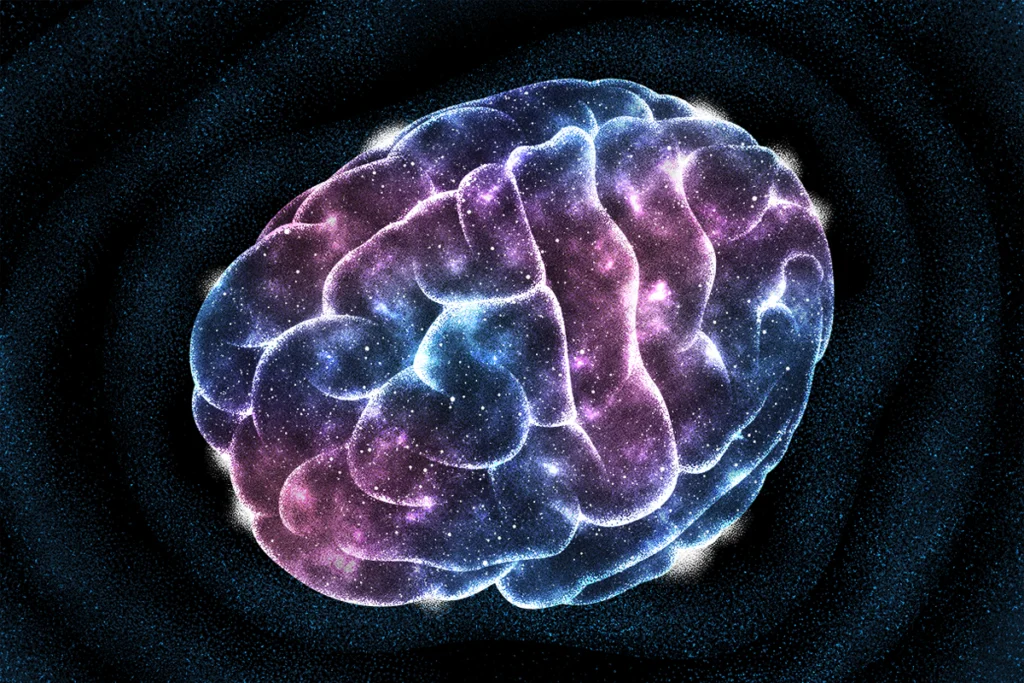Nicole Rust is professor of psychology at the University of Pennsylvania in Philadelphia. Her research focuses on understanding the brain’s remarkable ability to remember the things we’ve seen and using that knowledge to develop new therapies to treat memory dysfunction. She is also writing a book on the types of understanding of the brain that will ultimately be required to treat neurological and psychiatric conditions. In it, she argues that effective progress in brain research will require ambitious and unprecedented multidisciplinary conversations of the type that will appear in The Transmitter.
Rust received her Ph.D. in neuroscience from New York University and completed her postdoctoral training at the Massachusetts Institute of Technology. She has been recognized by the Troland Research Award from the National Academy of Sciences, the McKnight Scholar Award, a CAREER Award from the National Science Foundation, a Sloan Research Fellowship, the Charles Ludwig Distinguished Teaching Award, and election to the Memory Disorders Research Society.








